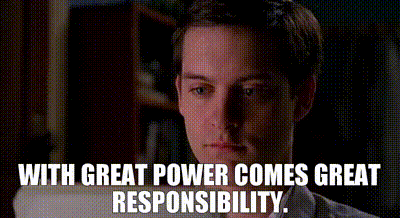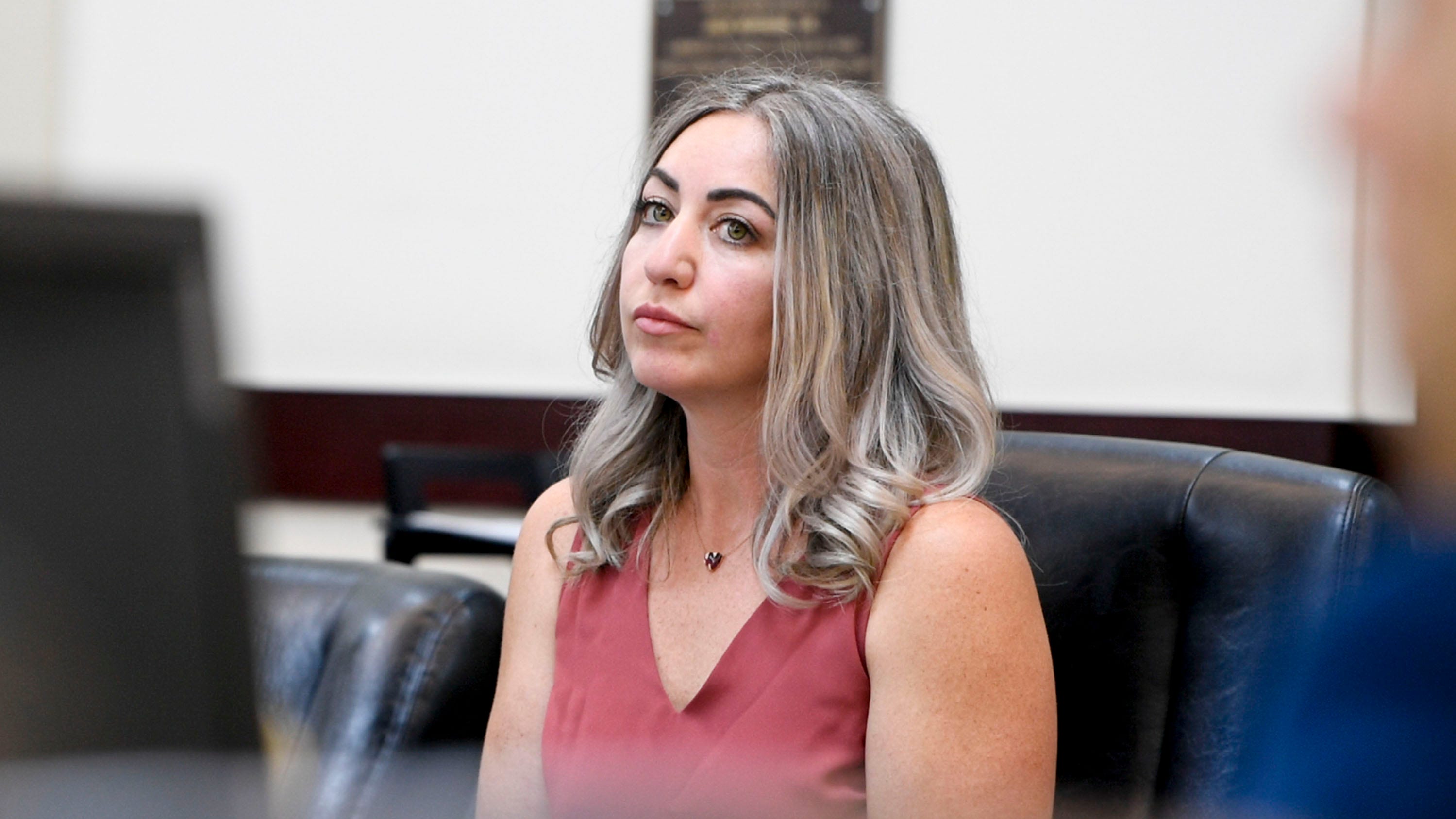FiremanMike
BSN, CEN, EMT-P
- 1,310
- 878
- 113
I have a different and rather unpopular opinion on whether medical errors can be considered criminal or not.
To start, there are numerous crimes where intent can be defined as reckless or negligent behavior that resulted in injury or death. This doesn't mean you purposely killed someone, but that your actions were so egregious that the actions directly caused harm/death.
I'm not a lawyer, so I don't know how to truly compare recklessness vs negligence in this case (as it applies to criminal intent), but this case laid out all those facts and a jury of her peers agreed with criminal negligence.
Here's the meat of this case
1. She's an experienced neuro ICU nurse, I could maybe get behind a new grad nurse not immediately recognizing a problem.
2. Drawing vec requires several steps to reconstitute and administer.. Any reasonable provider should have had alarm bells clanging in their brain that something isn't right here.
3. I've given vec, several times. The patient completely stops moving and breathing in under a minute. The only way for this to have gone unnoticed is for her to have slammed the vec and then flown out of the room without reassessing. Hell even versed kicks in pretty quick, so if they were giving this to reduce agitation, she should have already planned on sticking around to ensure the desired effect occurred. If she had stayed a minute to evaluate the drug she gave, she would have identified the apnea, BVM'd the patient until they could be intubated until the vec wore off, and this whole thing has a happier ending.
4. Blaming the pyxis override function is a cop-out. If I'm looking for versed, can't find it, type in VE, and then just randomly pull the first vial of anything that starts with VE and assume that's it, that would be pretty damned reckless. Is it really too much to ask to take an extra .25 seconds to read the entire label.
5. Blaming the lack of patient scanner is another cop-out. If my patient/med scanner is down, that's clue #2 that I need to be more diligent in double checking the MAR and the vial I have in my hand.
She made several huge mistakes that resulted in a patient death. She ignored everything she learned in nursing school and quite a few things she learned along the way in the ICU, and because of a series of mistakes and incompetence, someone died.
And now everyone is jumping on the "just culture" and "no one will report" bandwagon. Listen folks - there is a line in which reporting it through the proper channels just isn't enough. I can't stab a patient in the face and then be absolved of responsibility just because I told the charge nurse I did it. I appreciate that she reported it and owned her mistake and I admire her integrity, but we wouldn't allow a drunk driver off the hook after smashing into grandma just because he said "I admit I was drinking and driving, I'm very sorry and I take responsibility".
TL : DR - her ****-ups and incompetence were so epic in this case that her actions were considered criminal negligence and a jury convicted her of such. Anyone who looks at what happened and think "oh jeez this could happen to me" needs to seriously look in the mirror. If that's true, it's time to change your approach to patient care or get the **** out.
To start, there are numerous crimes where intent can be defined as reckless or negligent behavior that resulted in injury or death. This doesn't mean you purposely killed someone, but that your actions were so egregious that the actions directly caused harm/death.
I'm not a lawyer, so I don't know how to truly compare recklessness vs negligence in this case (as it applies to criminal intent), but this case laid out all those facts and a jury of her peers agreed with criminal negligence.
Here's the meat of this case
1. She's an experienced neuro ICU nurse, I could maybe get behind a new grad nurse not immediately recognizing a problem.
2. Drawing vec requires several steps to reconstitute and administer.. Any reasonable provider should have had alarm bells clanging in their brain that something isn't right here.
3. I've given vec, several times. The patient completely stops moving and breathing in under a minute. The only way for this to have gone unnoticed is for her to have slammed the vec and then flown out of the room without reassessing. Hell even versed kicks in pretty quick, so if they were giving this to reduce agitation, she should have already planned on sticking around to ensure the desired effect occurred. If she had stayed a minute to evaluate the drug she gave, she would have identified the apnea, BVM'd the patient until they could be intubated until the vec wore off, and this whole thing has a happier ending.
4. Blaming the pyxis override function is a cop-out. If I'm looking for versed, can't find it, type in VE, and then just randomly pull the first vial of anything that starts with VE and assume that's it, that would be pretty damned reckless. Is it really too much to ask to take an extra .25 seconds to read the entire label.
5. Blaming the lack of patient scanner is another cop-out. If my patient/med scanner is down, that's clue #2 that I need to be more diligent in double checking the MAR and the vial I have in my hand.
She made several huge mistakes that resulted in a patient death. She ignored everything she learned in nursing school and quite a few things she learned along the way in the ICU, and because of a series of mistakes and incompetence, someone died.
And now everyone is jumping on the "just culture" and "no one will report" bandwagon. Listen folks - there is a line in which reporting it through the proper channels just isn't enough. I can't stab a patient in the face and then be absolved of responsibility just because I told the charge nurse I did it. I appreciate that she reported it and owned her mistake and I admire her integrity, but we wouldn't allow a drunk driver off the hook after smashing into grandma just because he said "I admit I was drinking and driving, I'm very sorry and I take responsibility".
TL : DR - her ****-ups and incompetence were so epic in this case that her actions were considered criminal negligence and a jury convicted her of such. Anyone who looks at what happened and think "oh jeez this could happen to me" needs to seriously look in the mirror. If that's true, it's time to change your approach to patient care or get the **** out.
Last edited:


